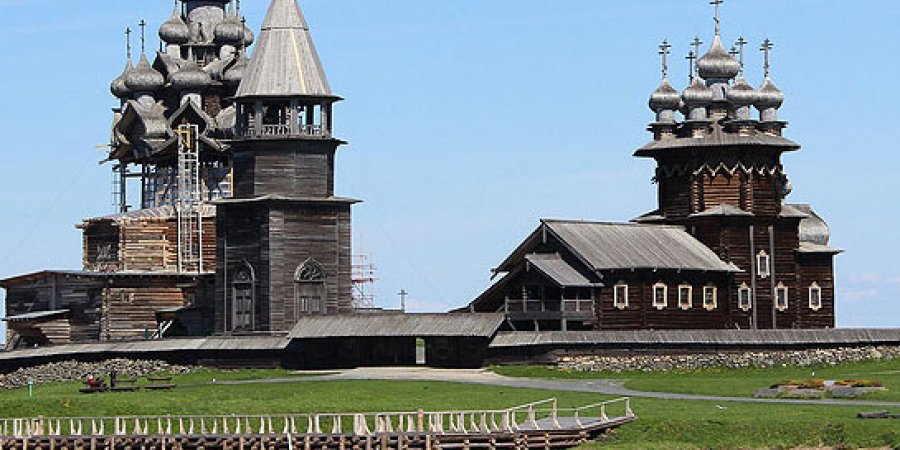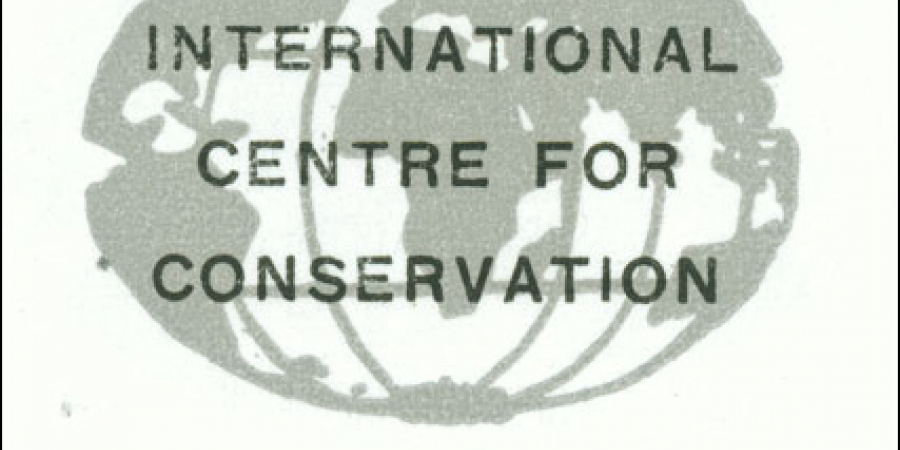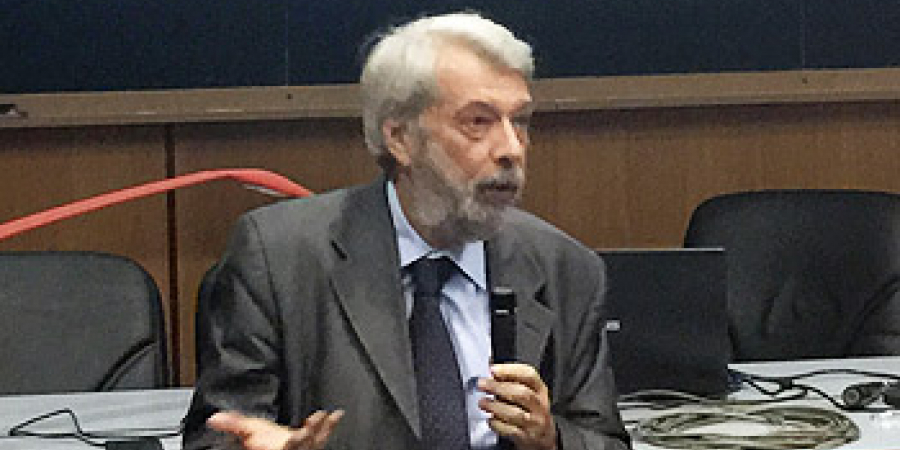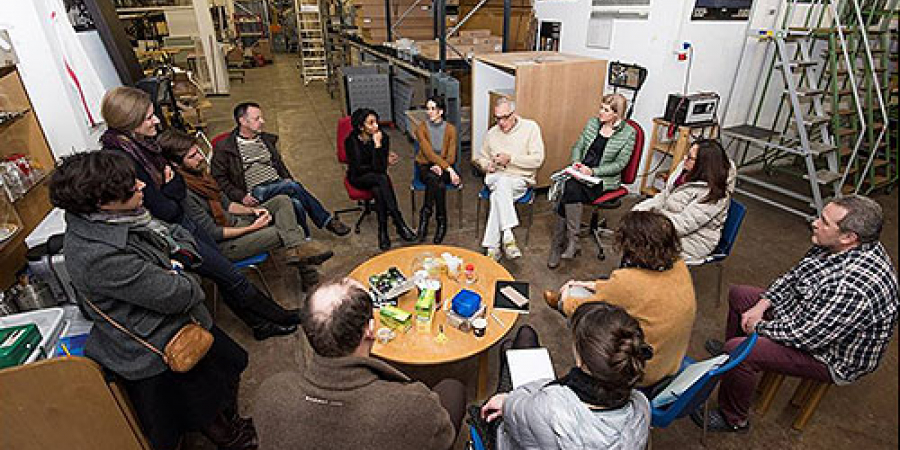La Segunda Guerra Mundial se cobró más vidas que cualquier otra guerra de la historia y destruyó una gran cantidad de bienes culturales que definían a las comunidades en las que se construyeron. Esto incluyó muchas ciudades históricas de Europa.
Tras el conflicto, el mundo necesitó una institución técnica dedicada a preservar, proteger y restaurar lo que la humanidad había destruido. Como respuesta, la UNESCO creó el ICCROM y eligió Roma como su sede. Siendo cuna del ICCROM y beneficiaria de sus primeros esfuerzos, Europa es una región con la que la organización siempre ha tenido estrechos vínculos y que también ha desempeñado un papel importante en el sector de la conservación.
Sesenta años después, la humanidad se enfrenta una vez más a acontecimientos a gran escala y catastróficos: desplazamientos masivos de personas, conflictos arraigados, endurecimiento del clima. Todos ellos ponen en tela de juicio la preservación del patrimonio cultural. Europa se encuentra de nuevo en posición de beneficiarse y servir a los esfuerzos del ICCROM. Esto se debe no sólo a que estas fuerzas demográficas, políticas y climáticas están actuando dentro o cerca de sus fronteras, sino también a que Europa es capaz y, por tanto, responsable de desempeñar un papel más universal en la realización del cambio.
El ICCROM está deseoso de comprometerse con una Europa que aproveche todos sus recursos, desde la experiencia y los conocimientos diplomáticos hasta el modelo de sociedades inclusivas y comprometidas. Este continente puede tomar la iniciativa para integrar verdaderamente a los refugiados que vienen en busca de seguridad, al acoger las culturas que traen e incorporarlas a las propias. Este continente puede mostrar cómo el cuidado de la cultura es el cuidado de las personas, ya que el patrimonio congrega y genera cohesión, comprensión e incluso oportunidades económicas. Y cuando Europa extienda esta labor más allá de sus fronteras, podrá demostrar que los beneficios de la diplomacia cultural convierten a las naciones en más estables, inclusivas y justas, con el fin de obtener un mundo mejor.











